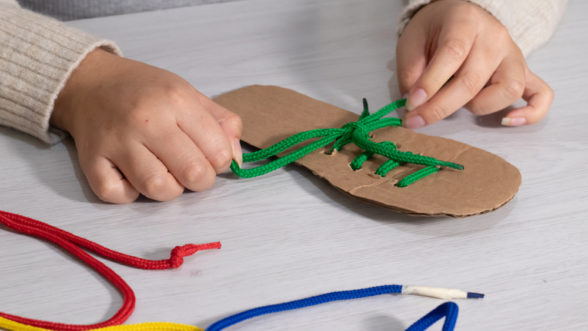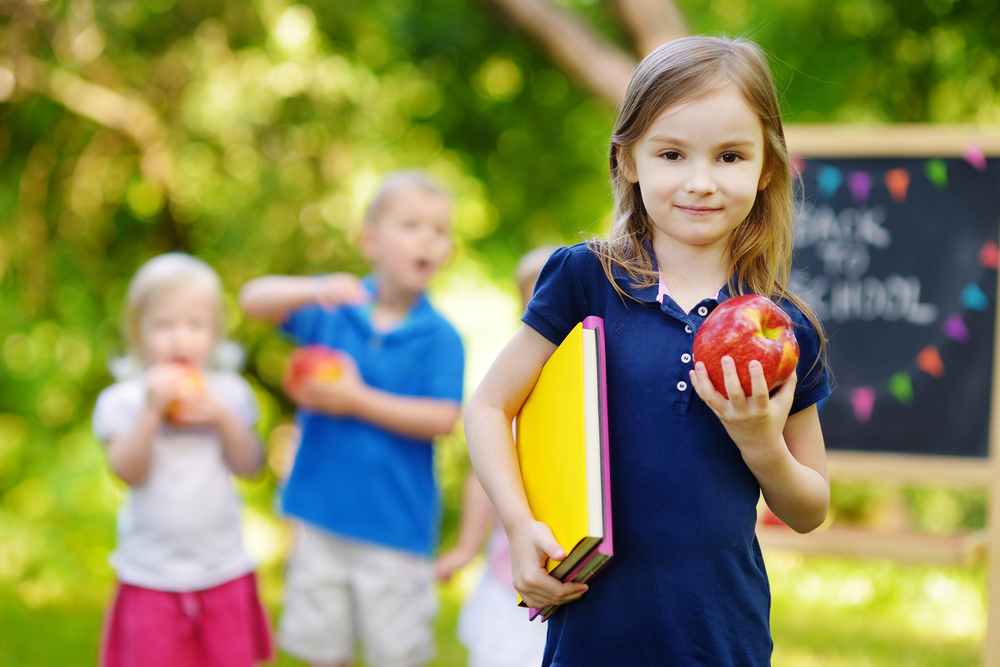
Education, Useful tools
Education
27 November, 2020

Do you have a little one heading off to ‘big school’ next year? While their first day may still feel like a little while away, there are a few things you should keep in mind to help ease their transition.
The first day of ‘big school’ can be daunting – not just for a child, but their parent, too! Thankfully, there are plenty of things you can start doing now at home to ease the transition.
Develop their independence
From personal hygiene to eating and drinking without assistance, there are so many ways that independence will benefit your child once they start school. Demonstrate and encourage your child to blow their nose, go to the toilet, wash their hands and use plenty of praise, and also have them practice using their own container, removing wrappers and selecting items to eat.
Follow directions
If your child struggles to follow your instructions at home – be it out of confusion or out of stubbornness – this could present a problem for them once they enter the classroom. If concentration is their concern, consider setting them simple tasks (like colouring in or a puzzle) that they have to do for five minutes, then six minutes the next day, then seven minutes the following day… you get the idea. You can also give them two or three-step directions (e.g. “Go get your book, then put it by your bed”) for practice. Make sure your child is listening to your instructions with eye contact, and repeat the instruction if need be.
Recognising their name and belongings
‘Big school’ may be the very first time your child has been responsible for their own belongings, so it’s important that they know exactly what is theirs. At home, practice putting things back where they belong to establish these skills, and encourage your child to take ownership of their belongings – having them choose their very own bag or lunchbox can help here. It is incredibly helpful if your child recognises their own name on their belongings, so consider displaying their name in various places around your home to help build familiarisation. You could also cut letters out and have your child glue them on paper to make their name, or string letter beads to make a necklace.
Fine motor skills
From opening their bags and lunchboxes to using a pencil, having good fine motor skills will really help your child adjust to school. Give them plenty of opportunities to practice their pencil grip at home, showing them how a pencil should look and feel in their hand. Scissors are another great way to practice fine motor skills – to show your child how to hold child-safe scissors, make sure their fingers are correctly placed and their thumb is facing up. Start cutting straight lines or even play dough, as this helps small fingers manoeuvre the scissors.
Build literacy and numeracy skills
Reading to your child each and every day is one of the most effective ways to build their literacy skills. Allow them to select a book of their own choice, then look and discuss the illustrations. Another great way to improve their comprehension is to have your child re-tell a story you have read, or let them “read” the book to you – watch how they hold the book and turns the pages. For numeracy, practice oral counting up to 20 by clapping hands with each number. As a parent you are your child’s first teacher and children learn so much from copying and listening to you. By starting now to encourage a love of learning, your child will be better prepared for school.